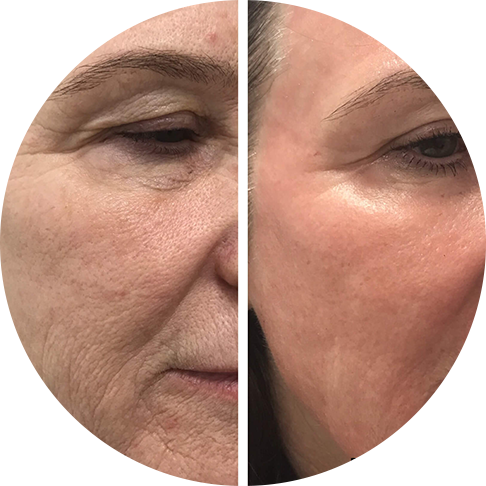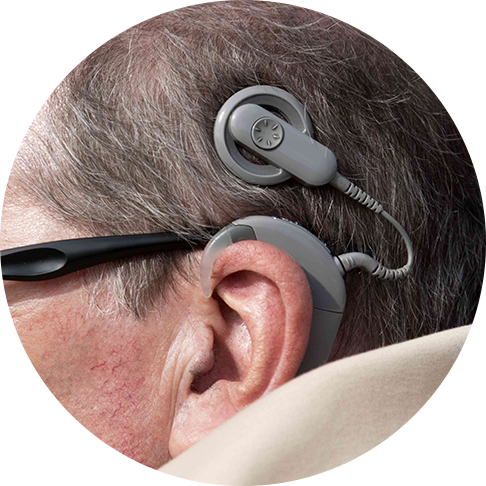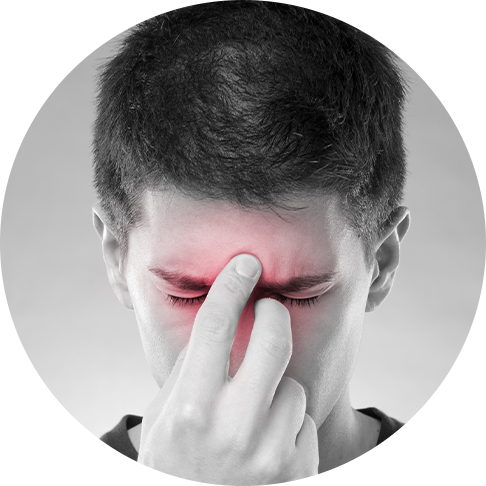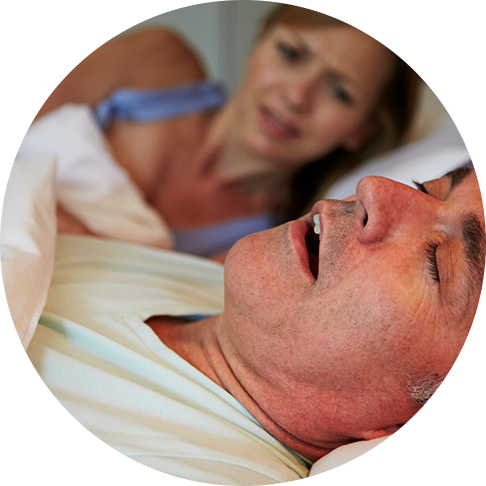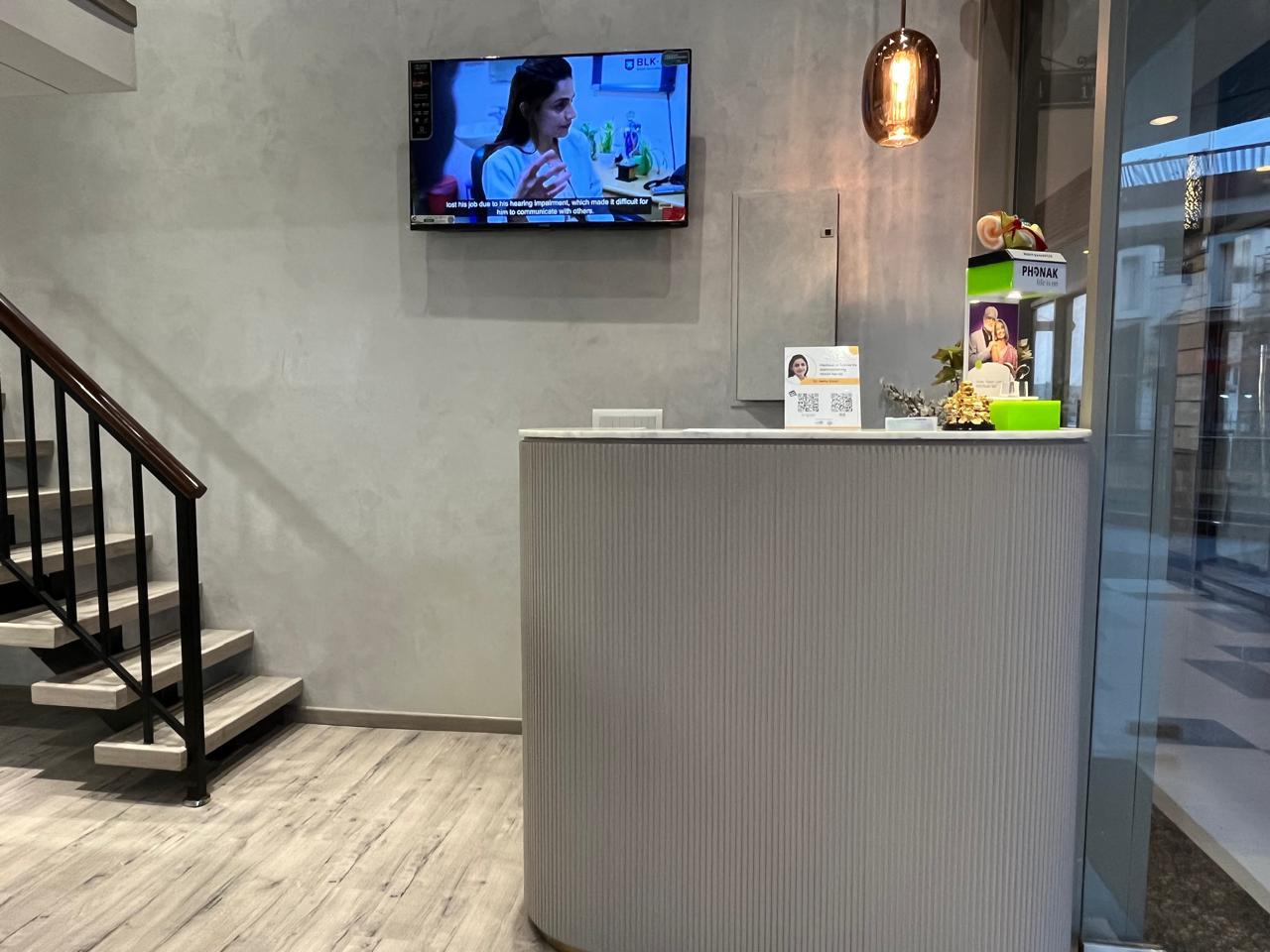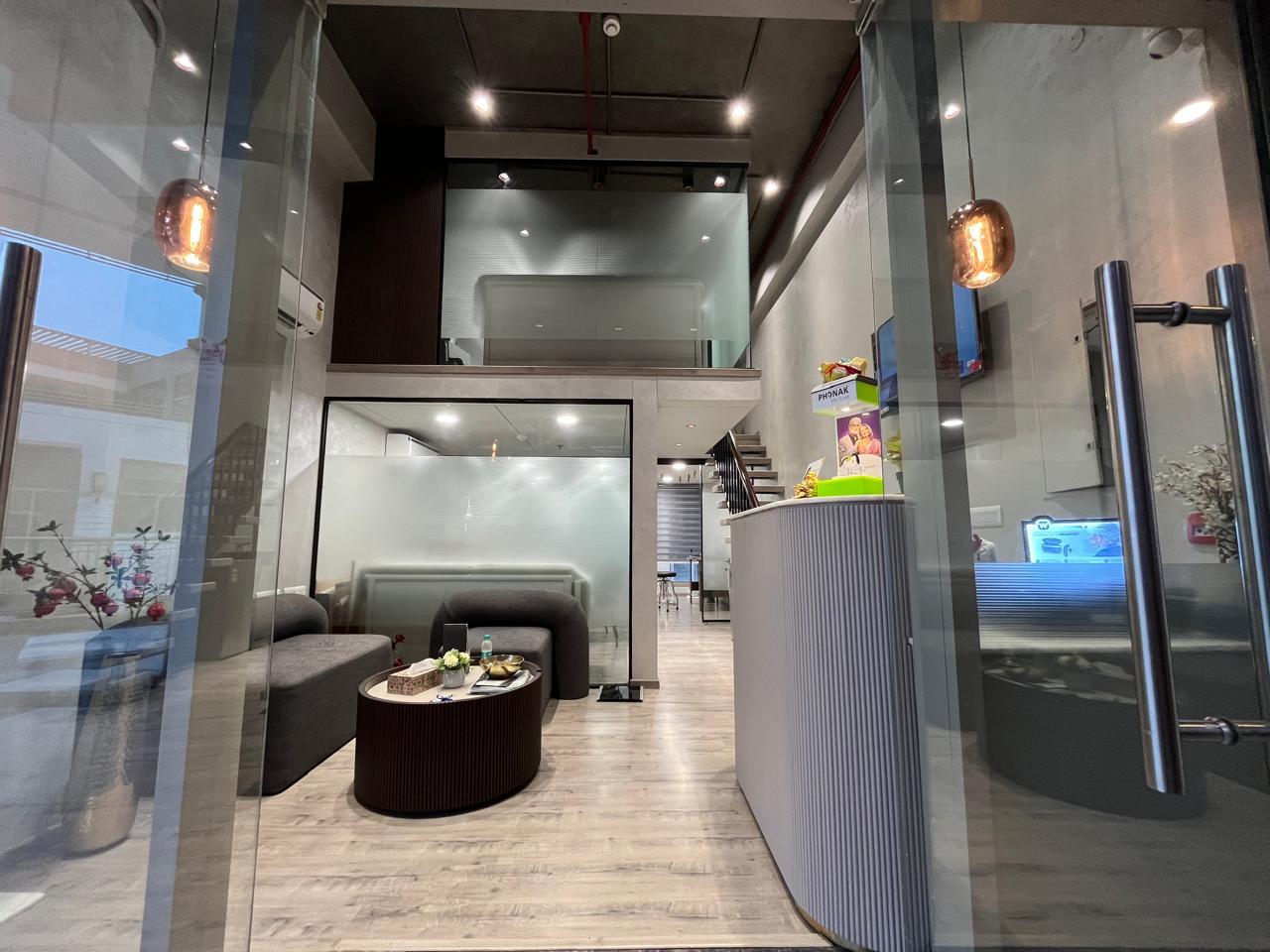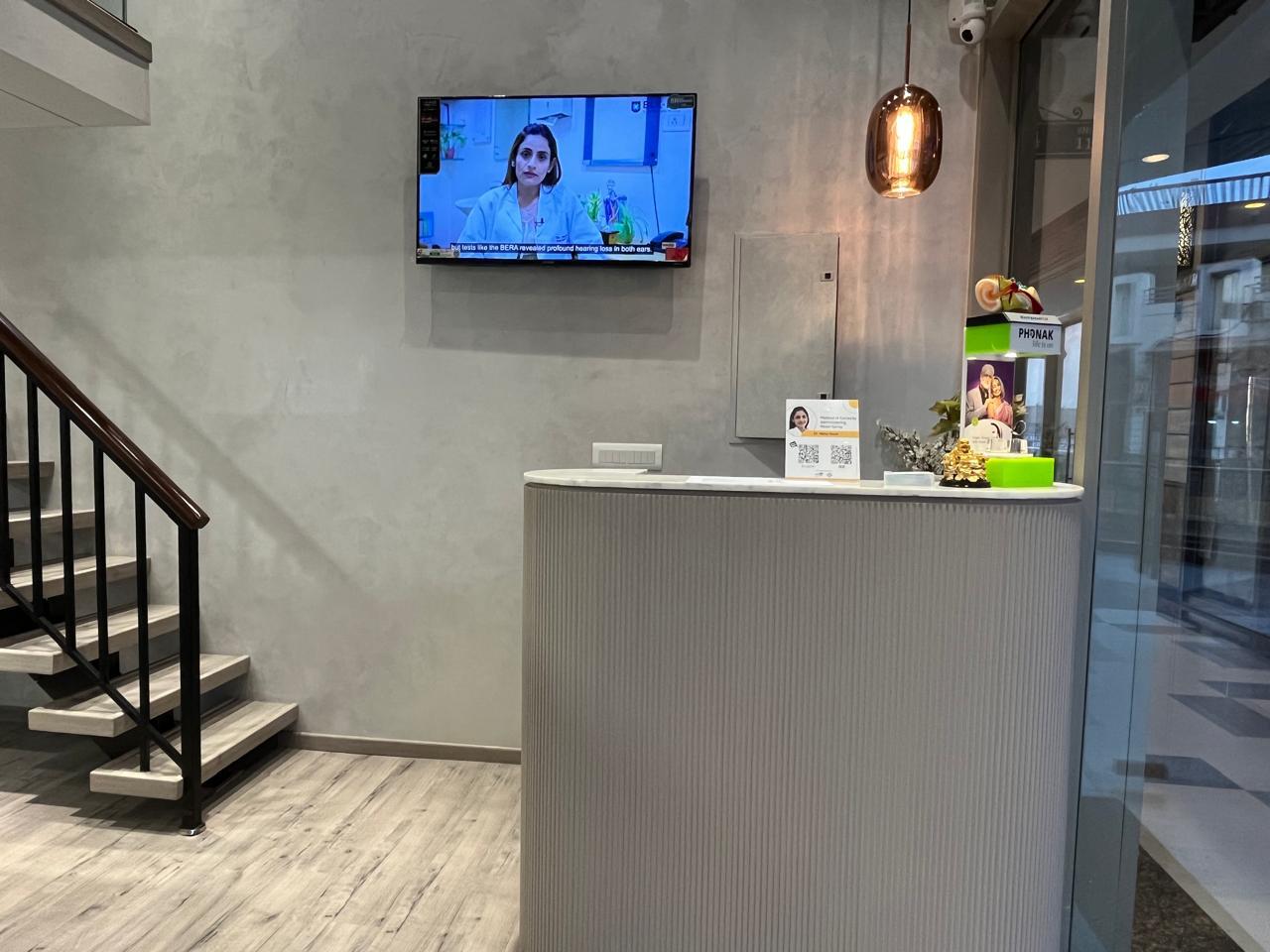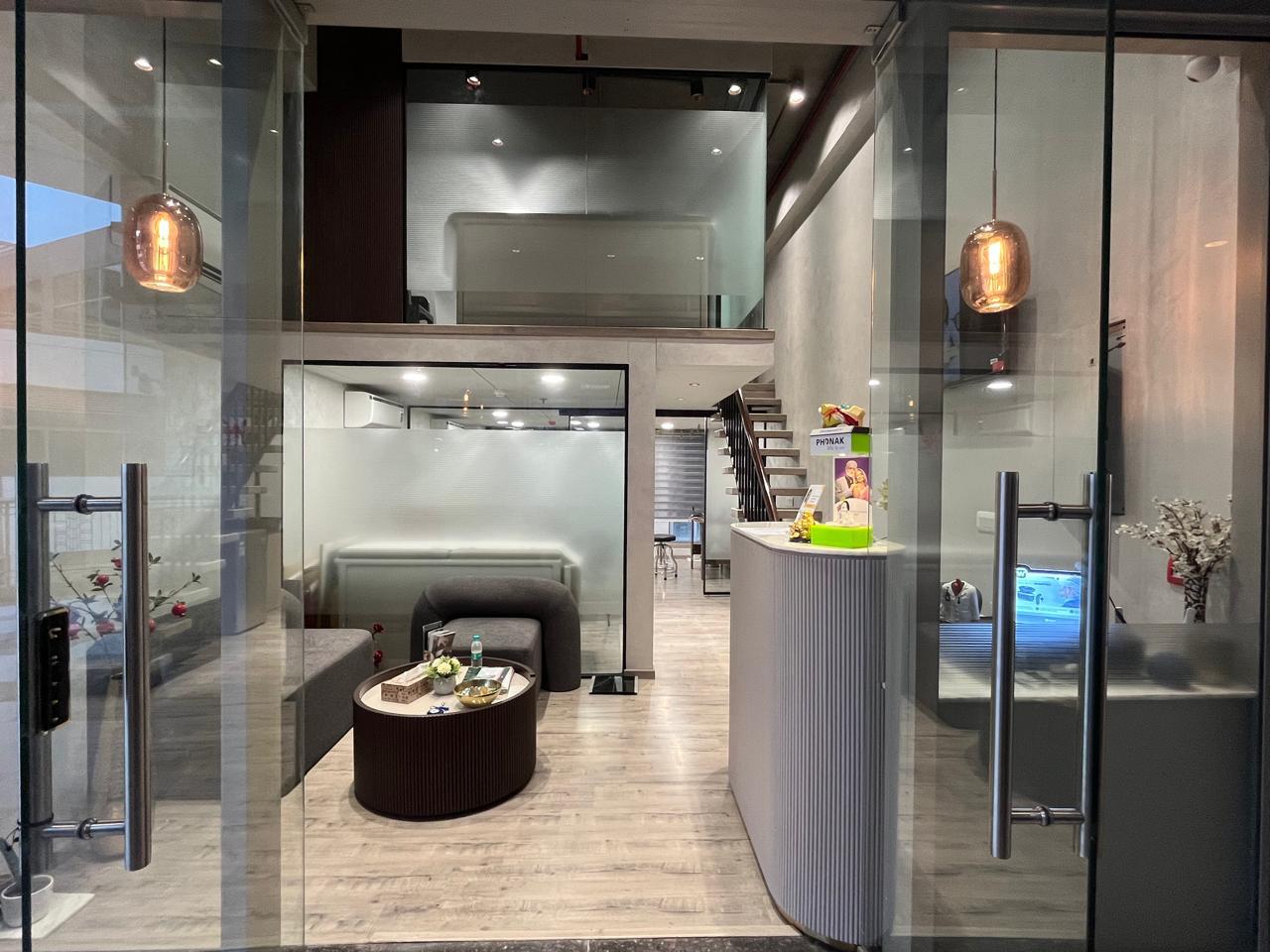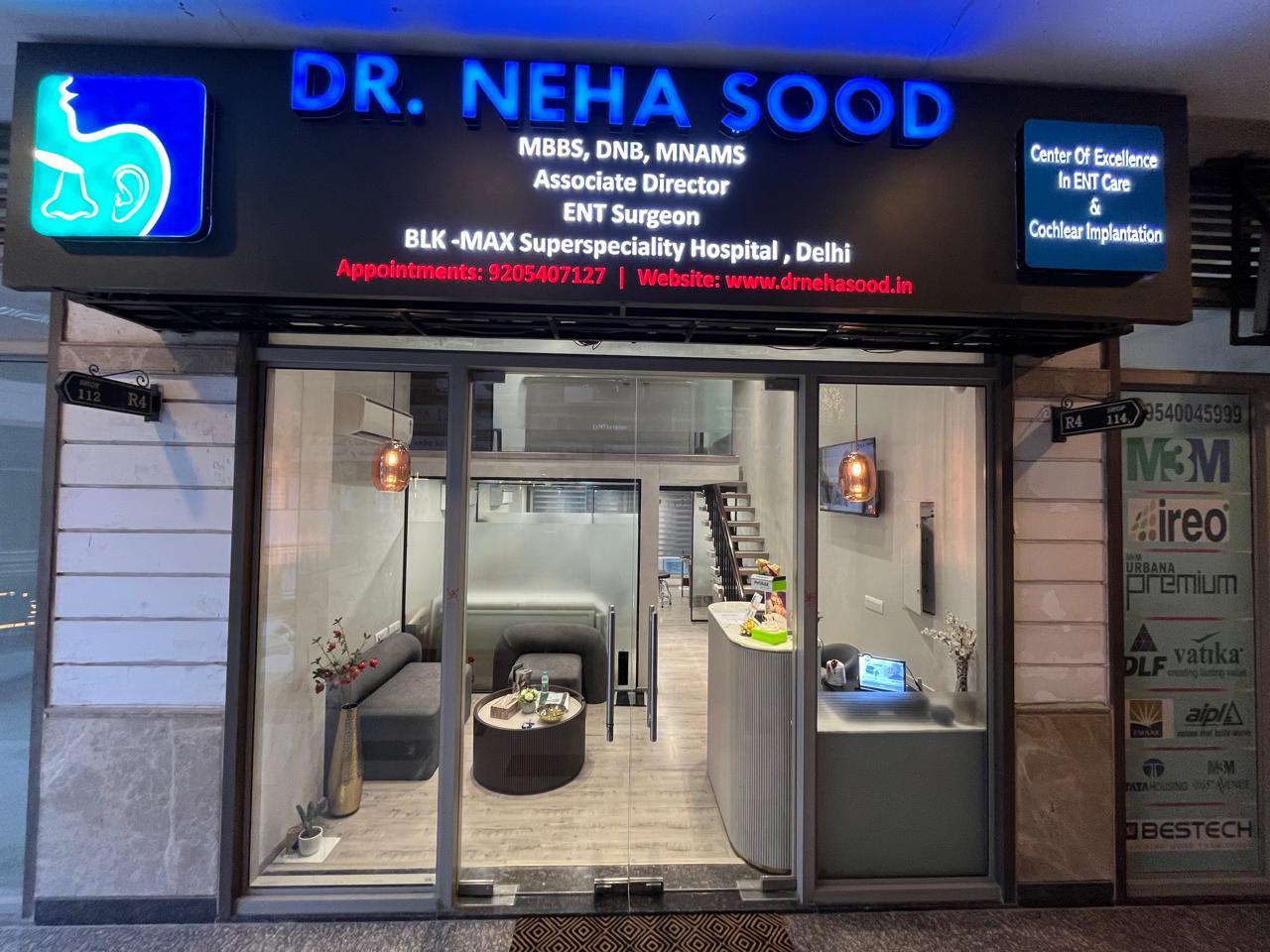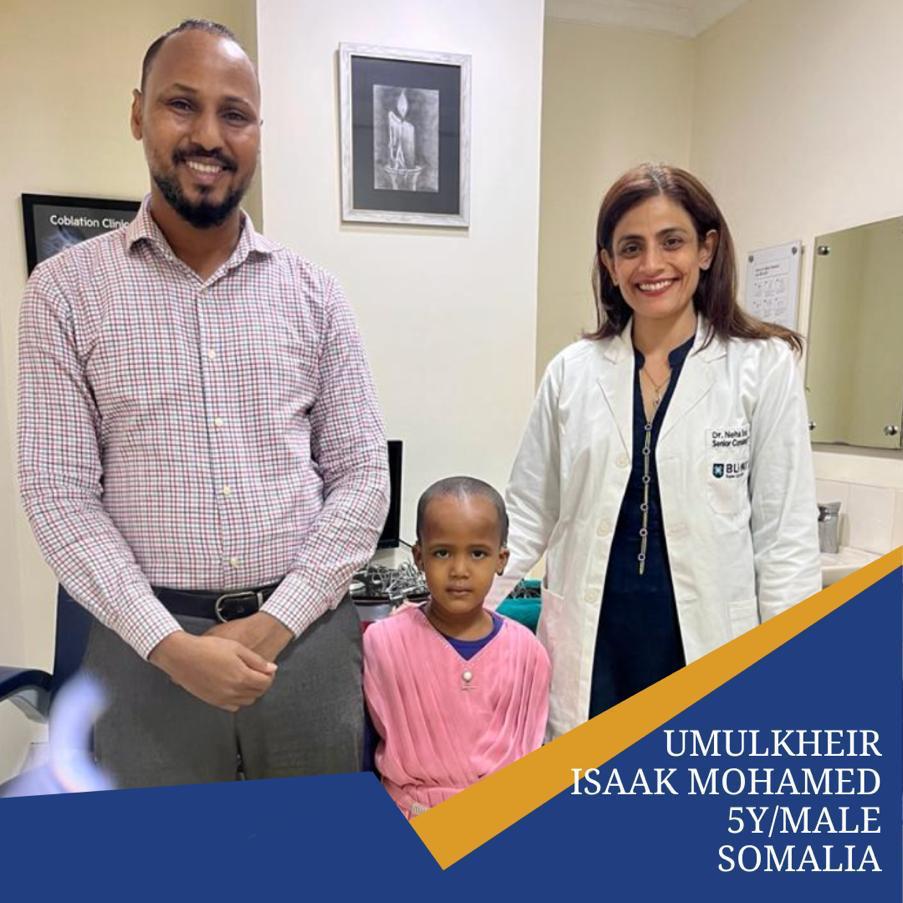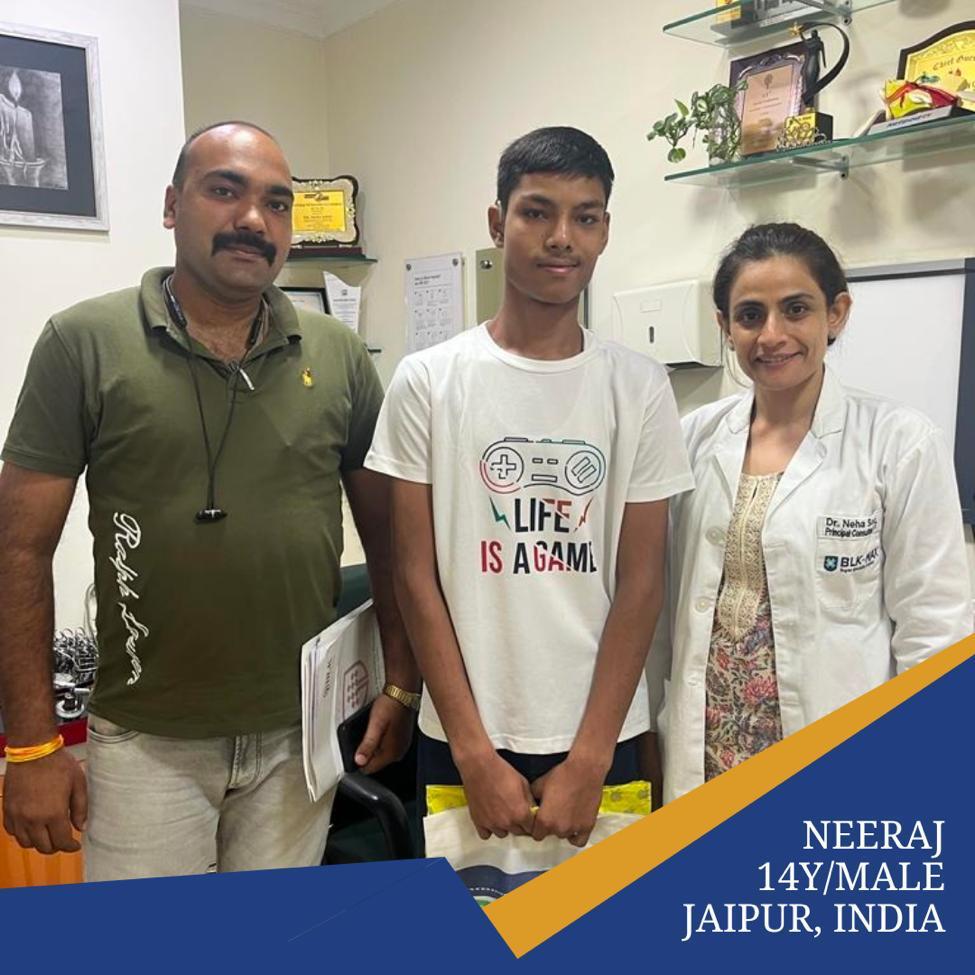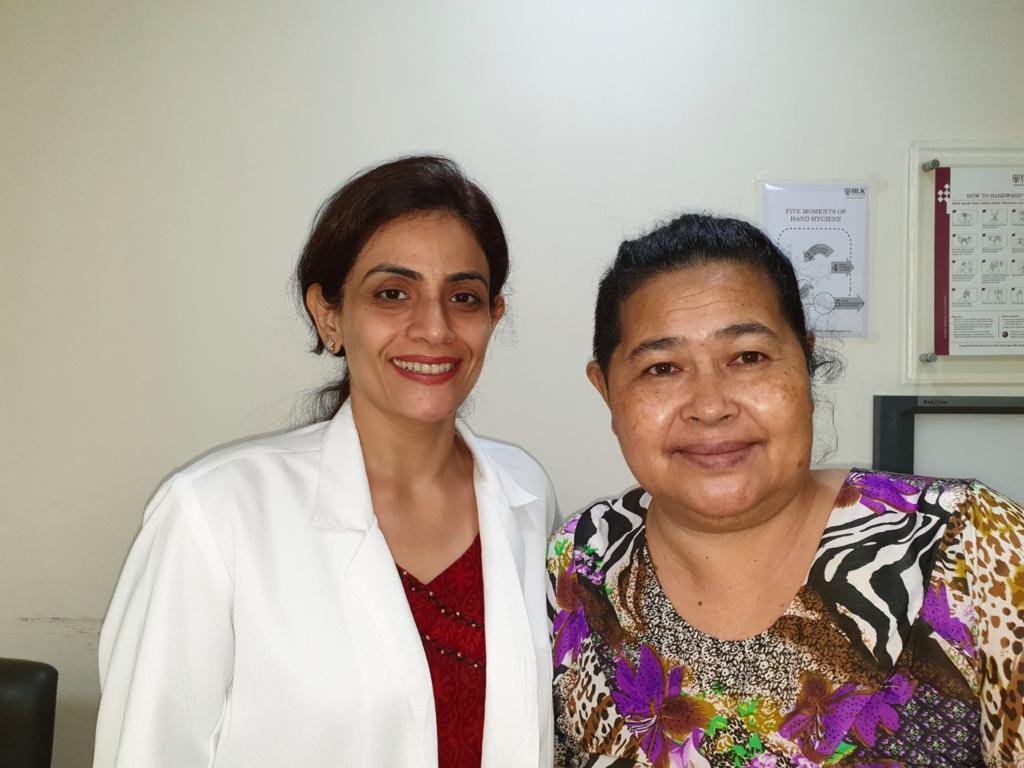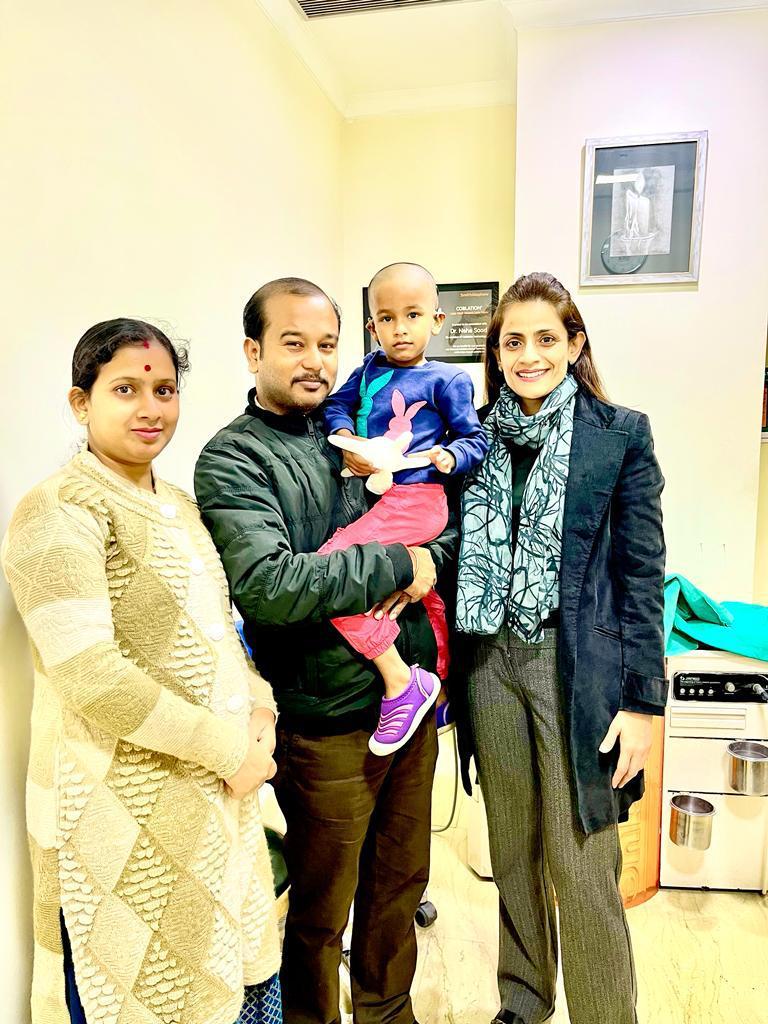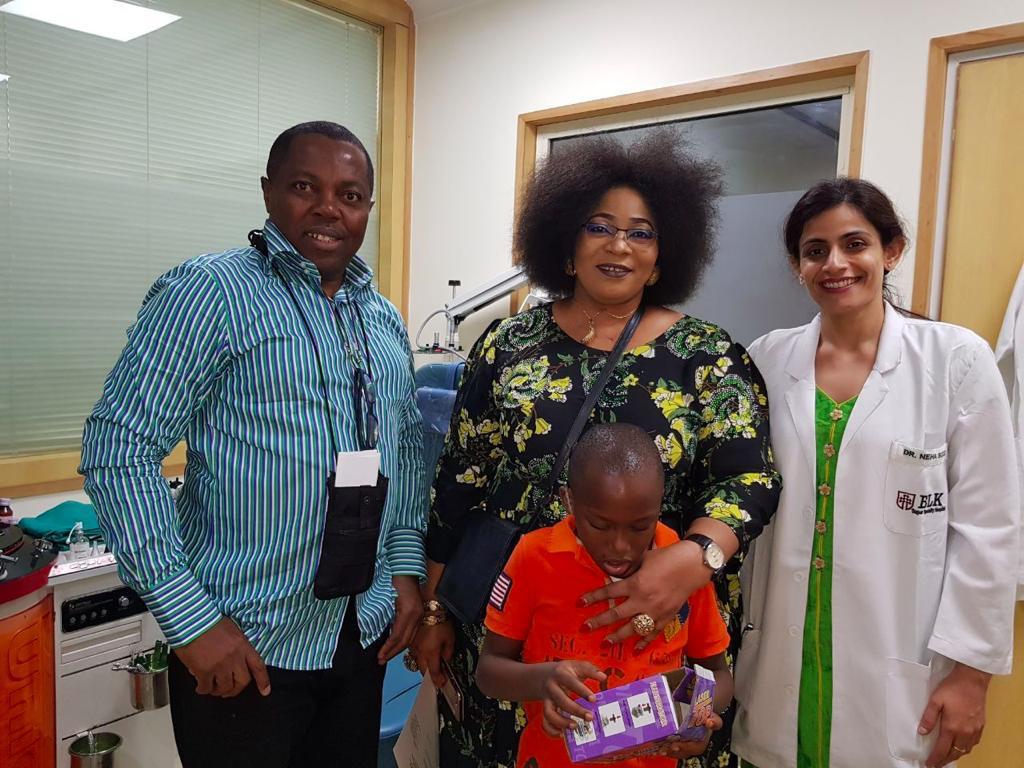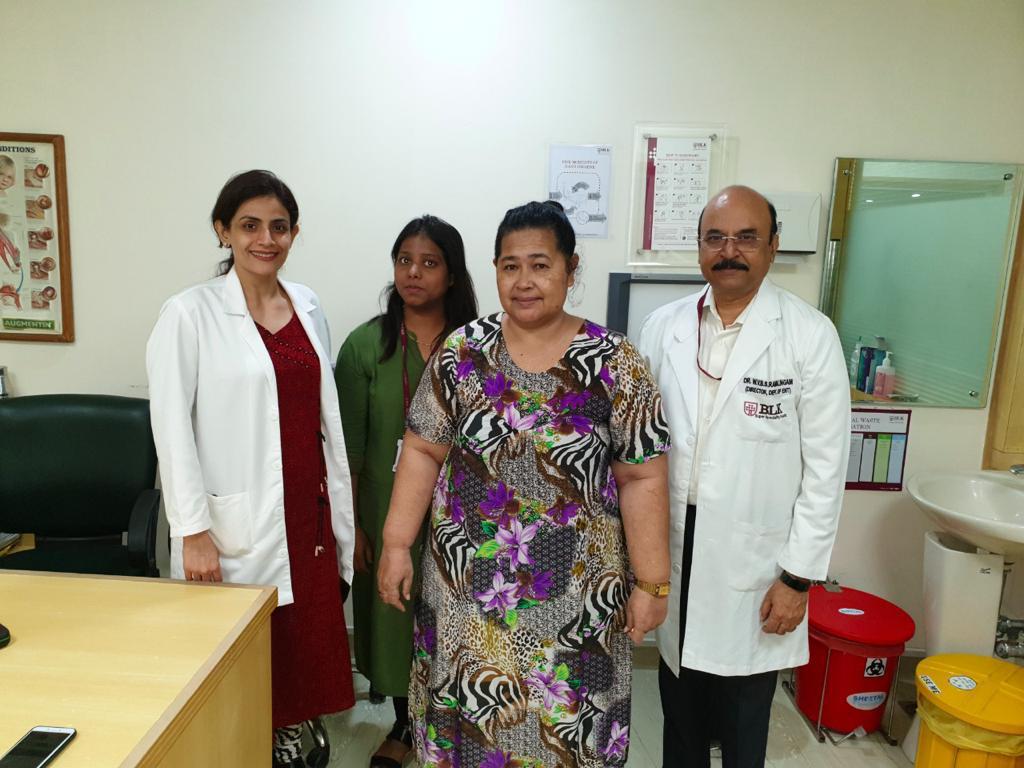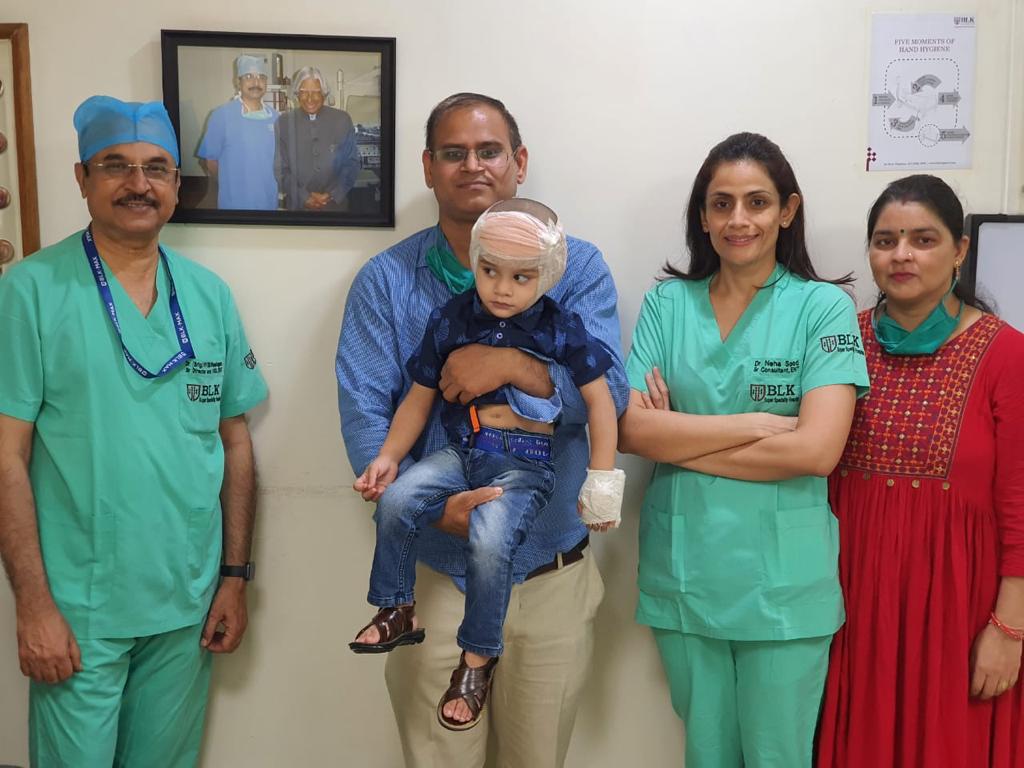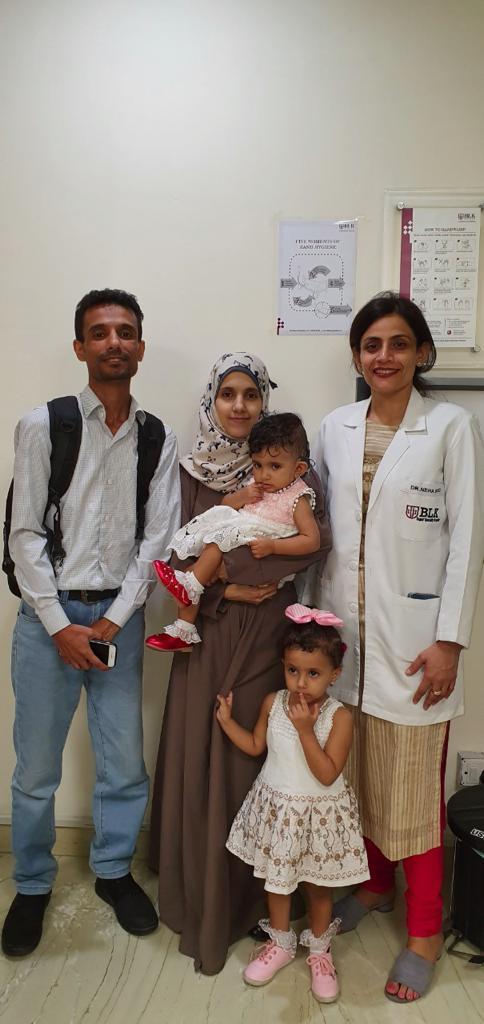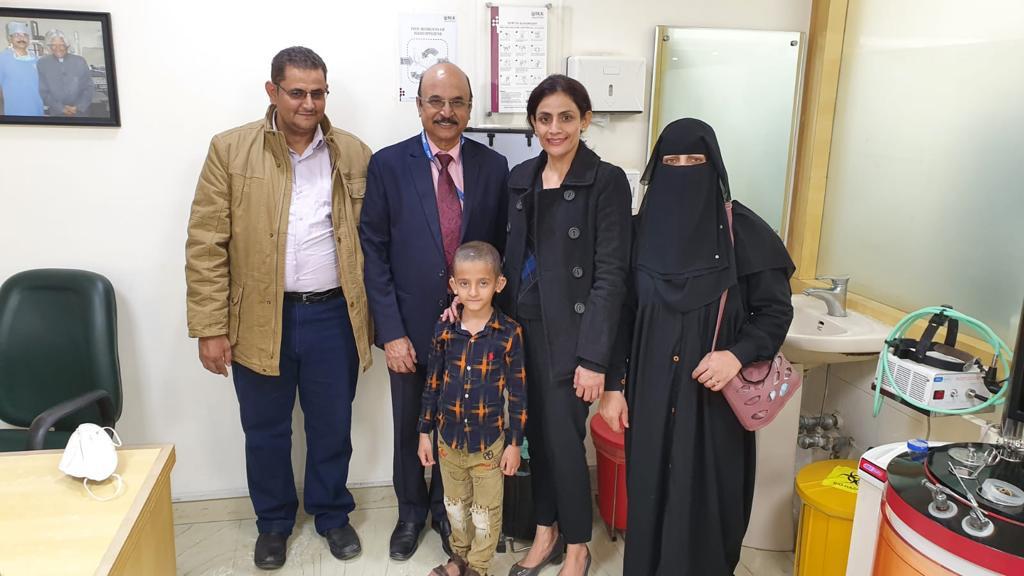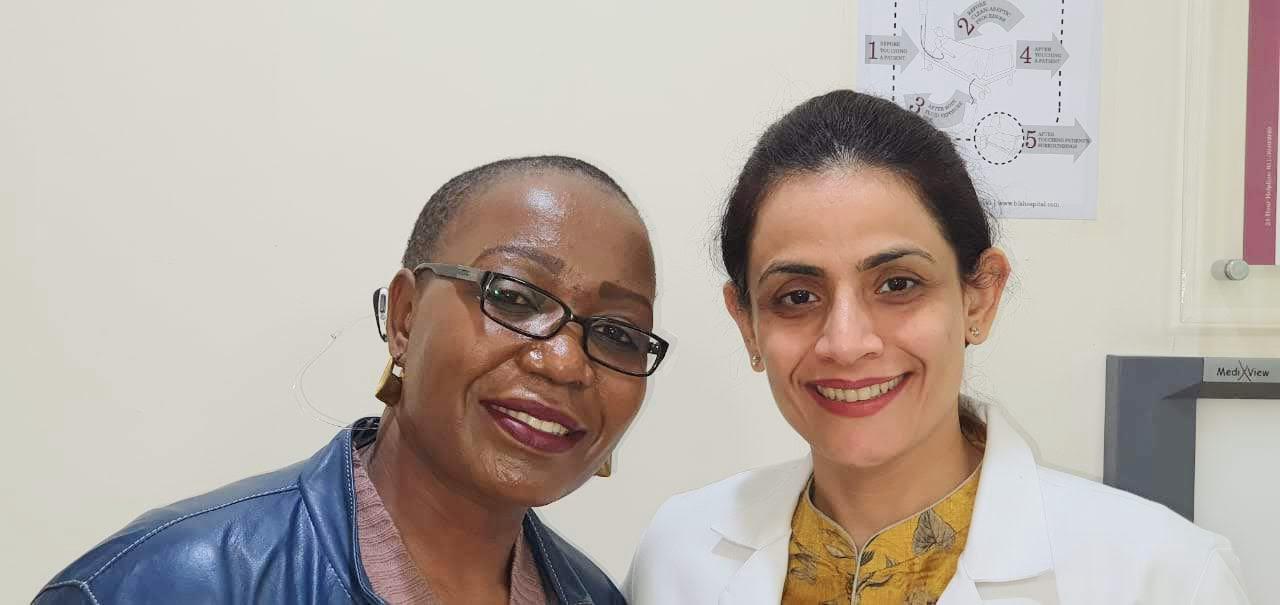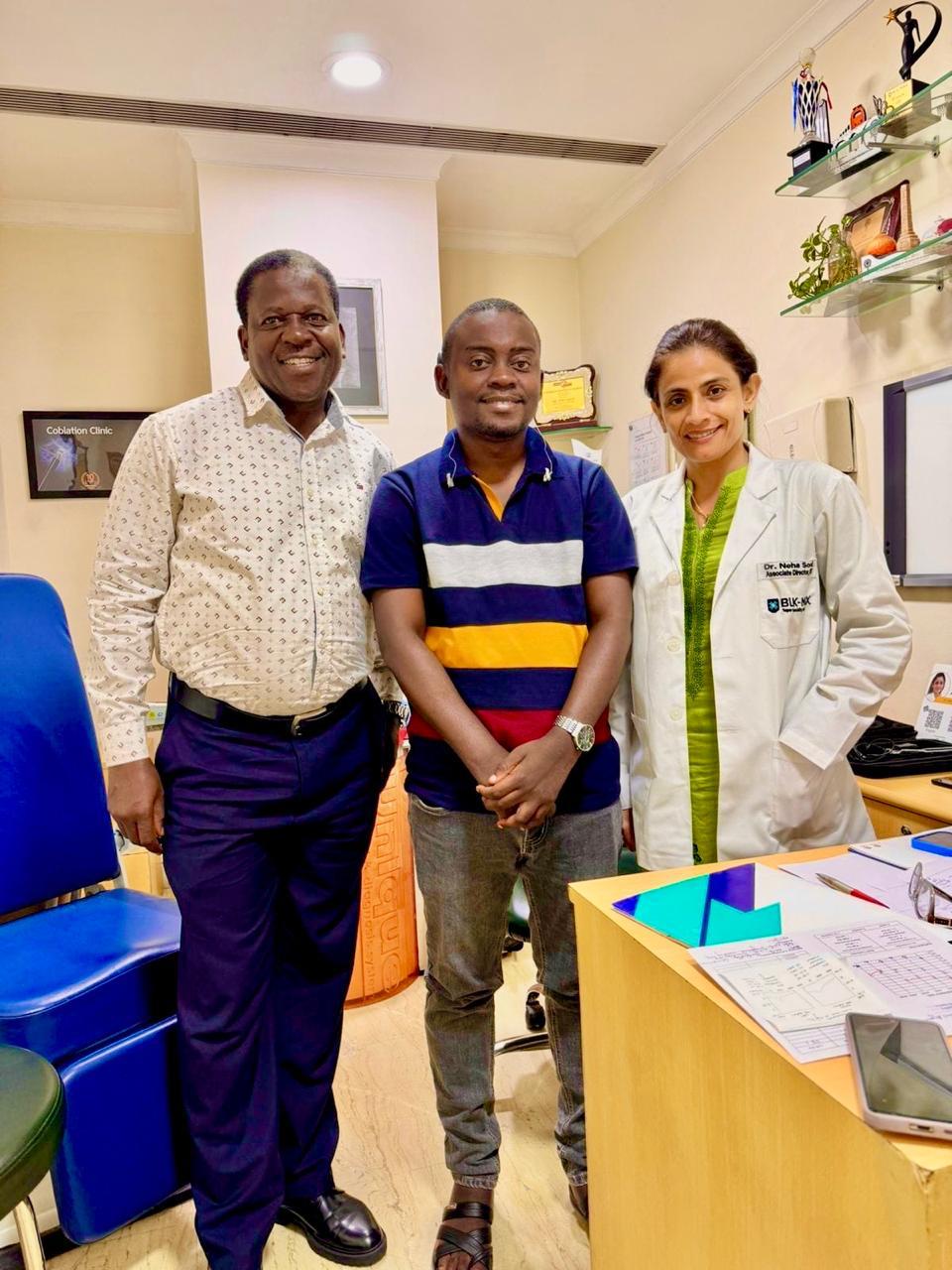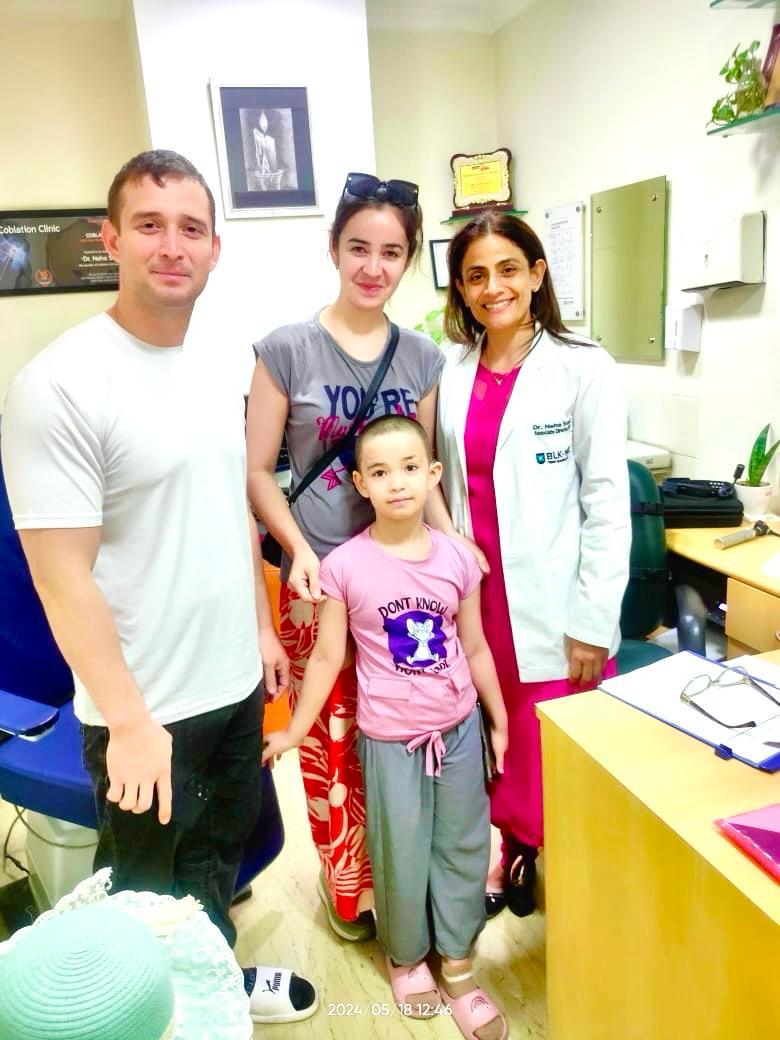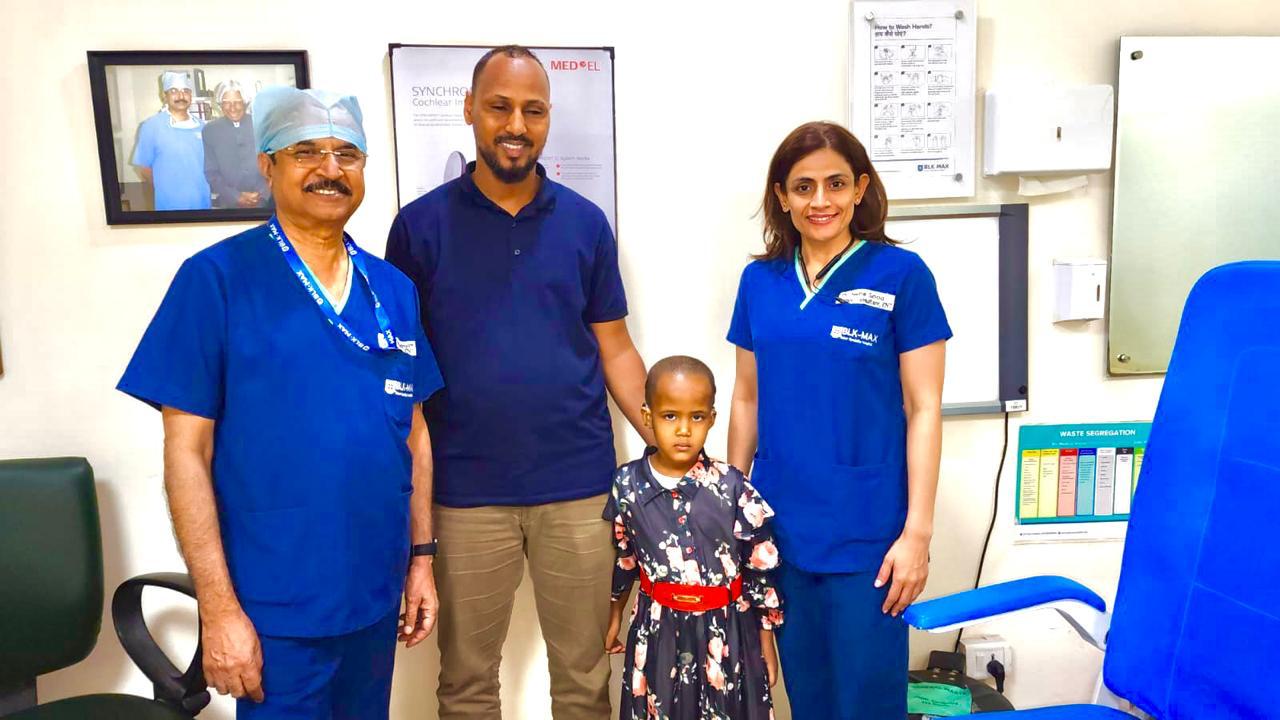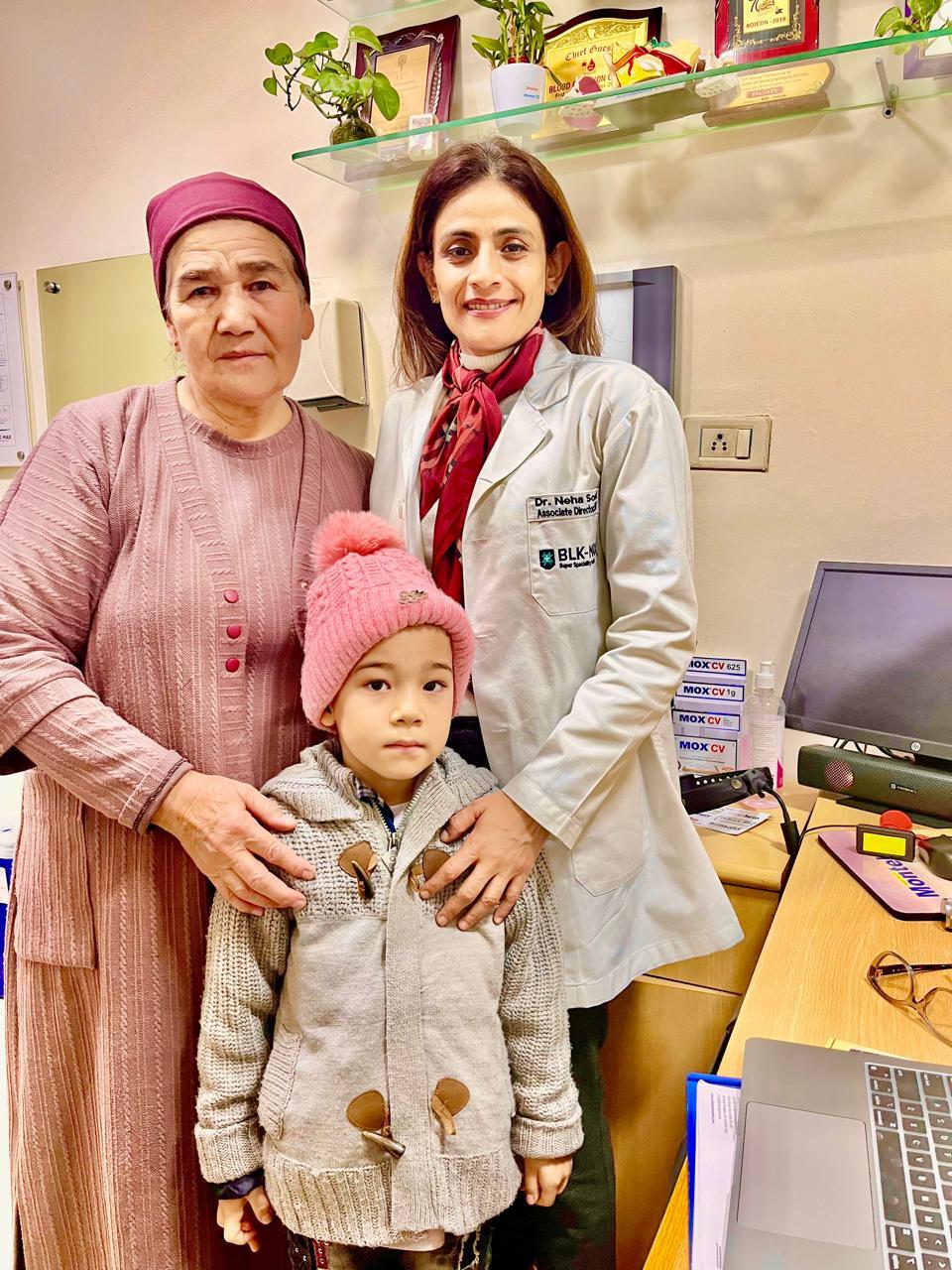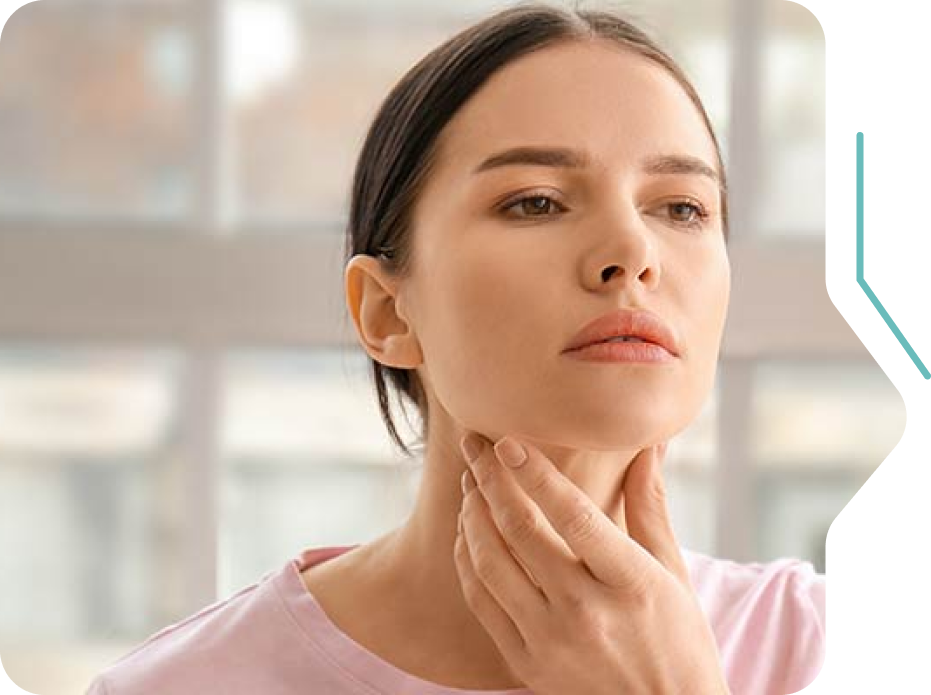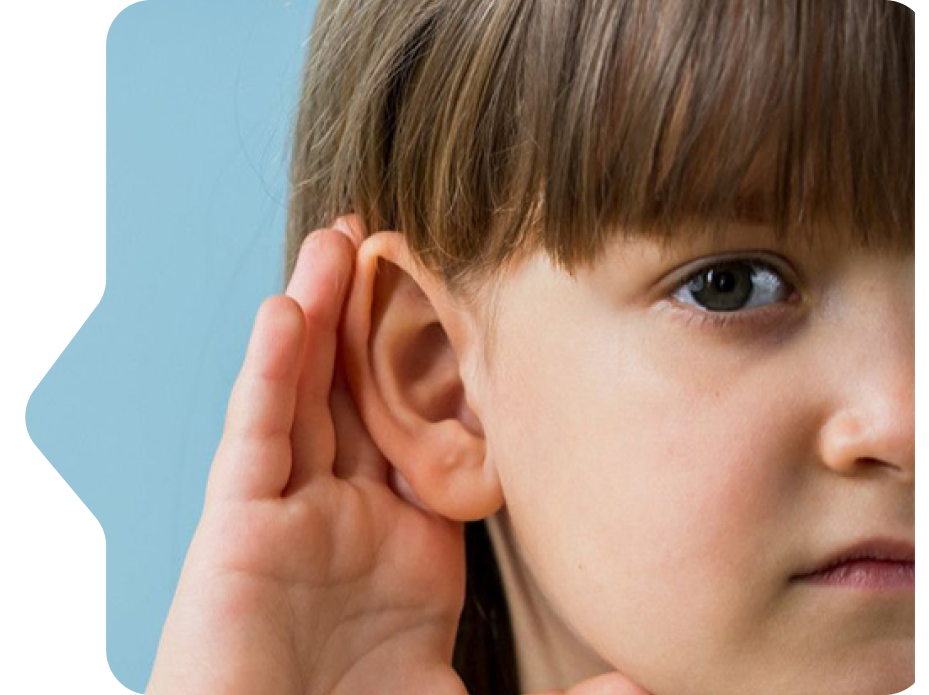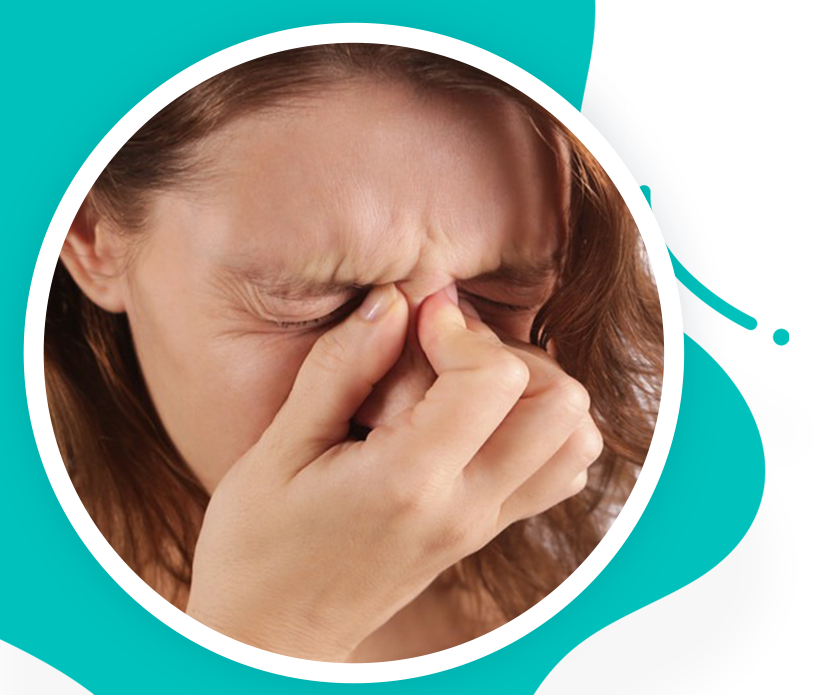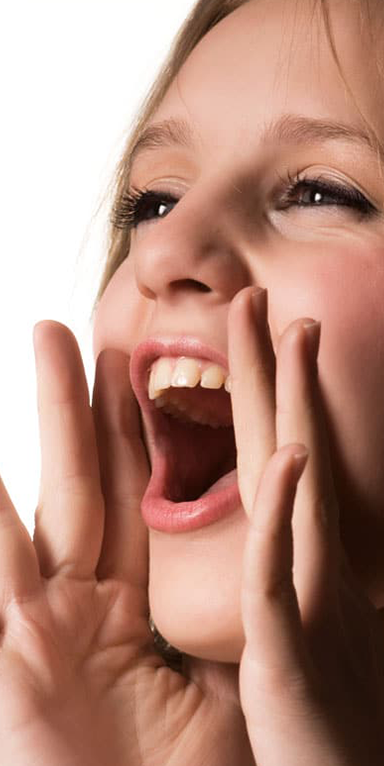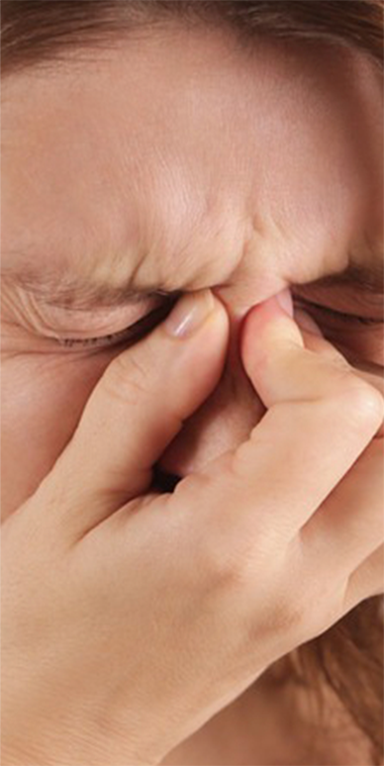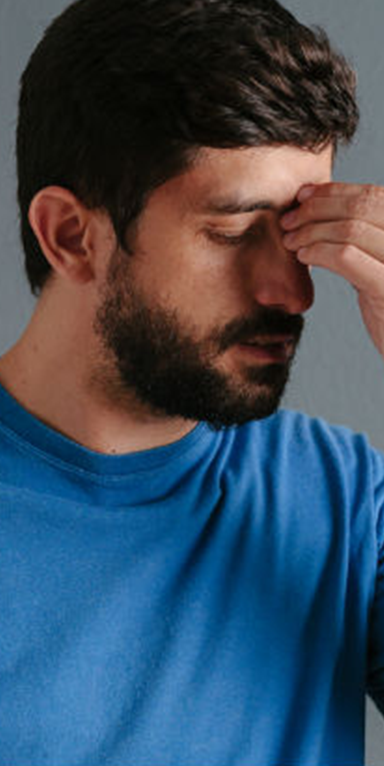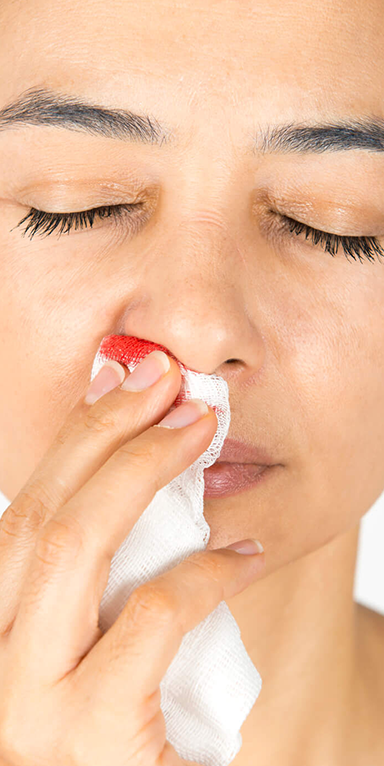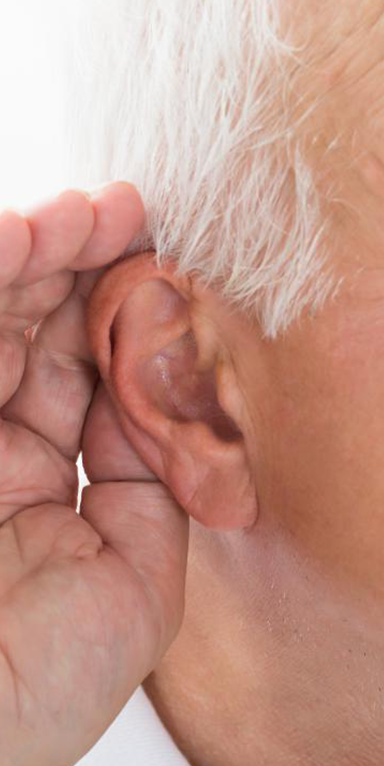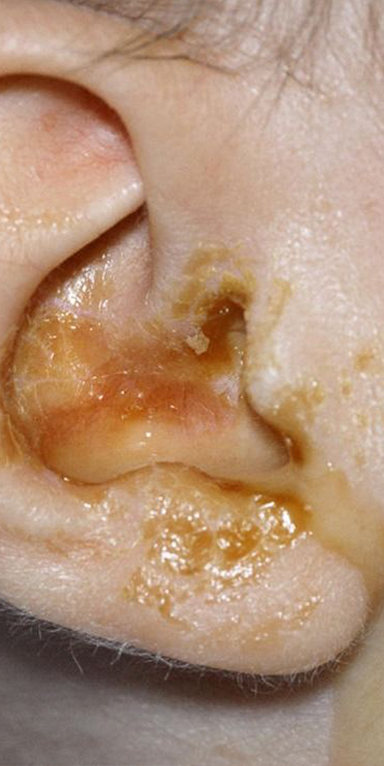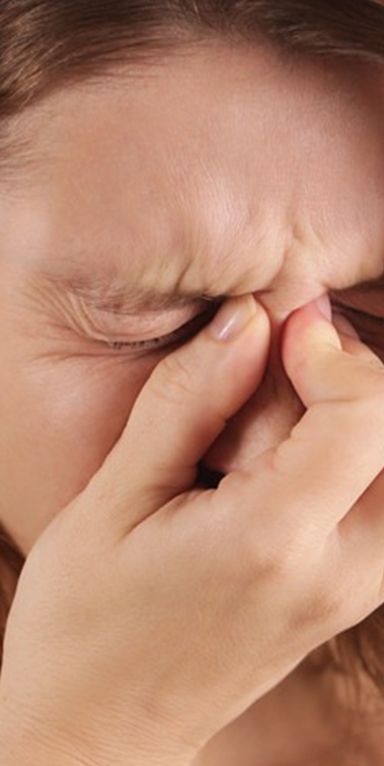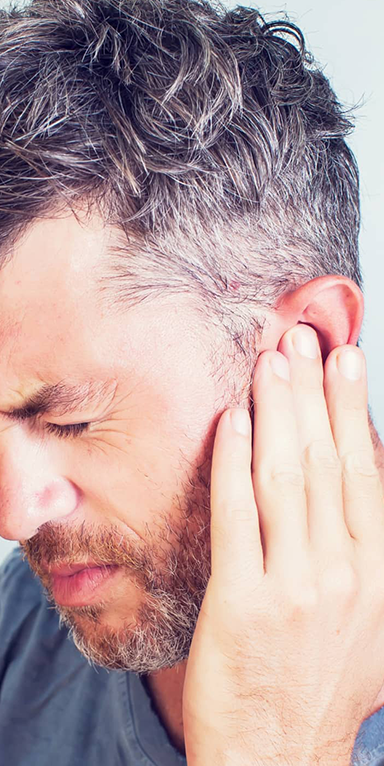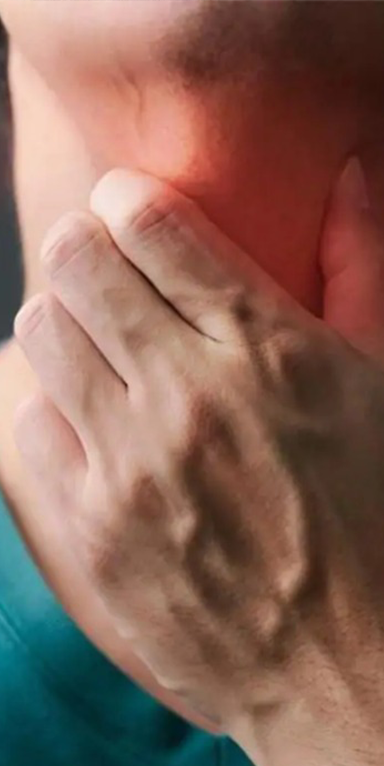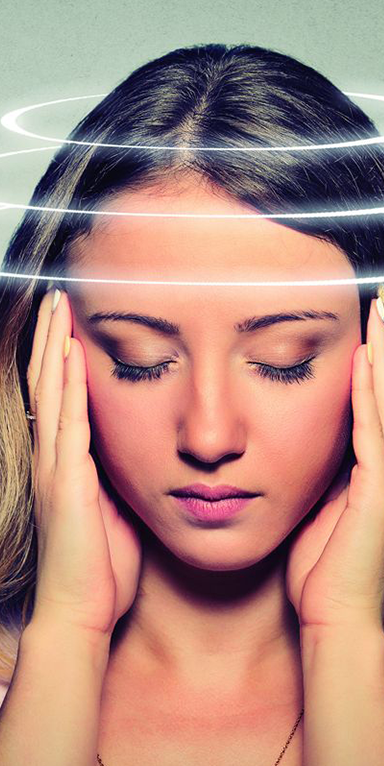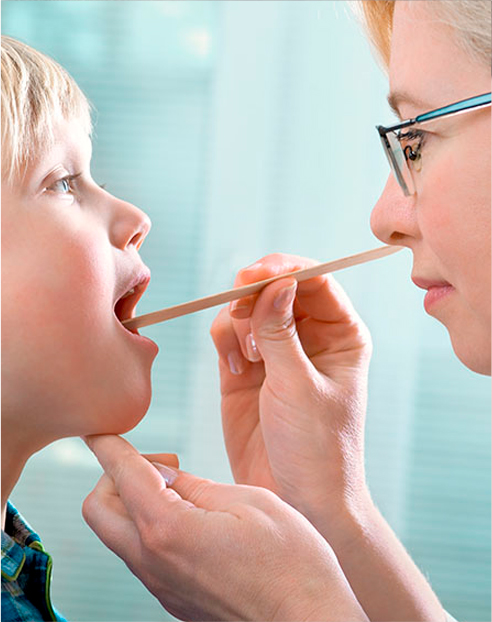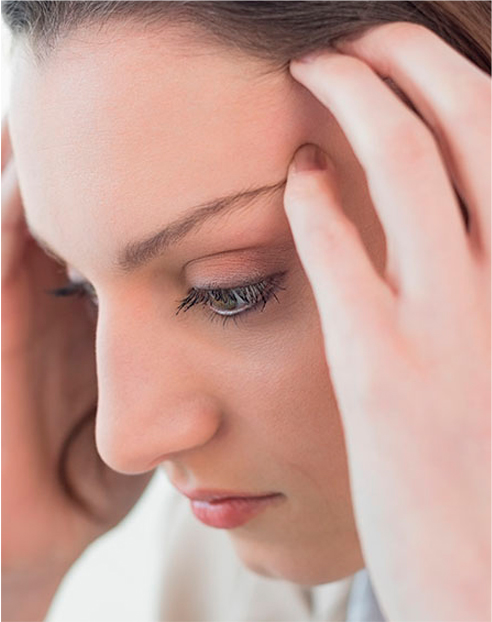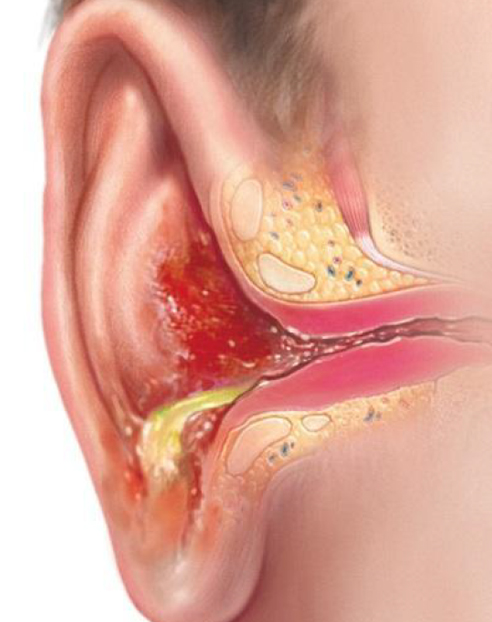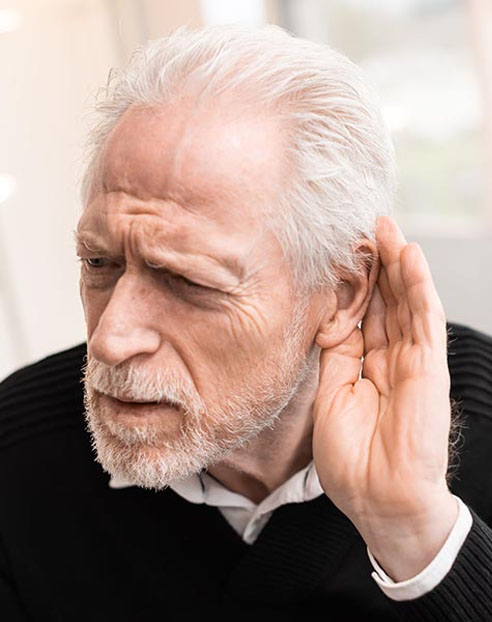Know Your Doctor
Dr. Sood is an Ear Nose Throat Specialist, currently working as the Director ENT & Cochlear implant BLK-MAX Super Speciality Hospital Delhi. Having 20+ years of experience of treating all ENT related disorders, Dr. Sood is extremely empathetic about her patients and believes in guiding patients throughout their treatment.
- Earlier served as ENT surgeon at Rashtrapati Bhawan at Delhi, and as Consultant at Sri Ganga Ram Hospital, Primus Hospital and Sita Ram Bhartia Hospital.
- Trained through fellowships from reputed institutes such as University of Frieburg in Germany, UPMC in US for endoscopic skull base surgeries
- Co-authored various journals and research papers on sleep apneoa, breathing problems in children and other Ear-nose-Throat related problems
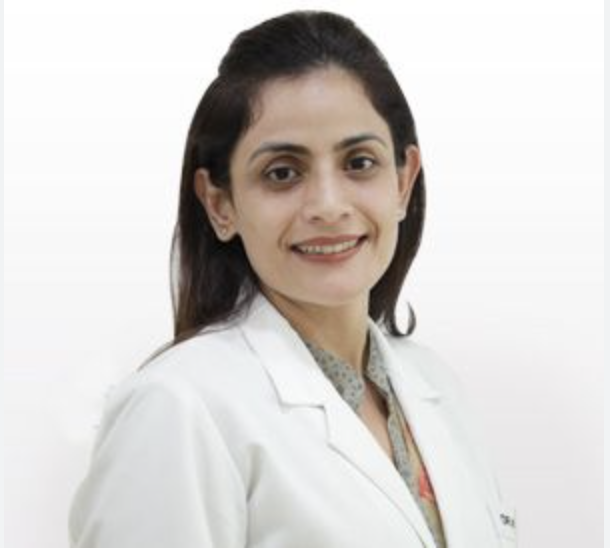
Speciality Services
Experienced otolaryngologist with strong experience in treating all Ear, Nose, Throat related ailments, with a special focus on:
Video Gallery
Photo Gallery
Conditions Treated
Services available
- Consultation for all ear, nose, throat disorders
- Videolaryngoscopy / Throat Endoscopy
- Ear Endoscopy / otoendoscope
- Nasal Endoscopy
- Audiometry and Hearing Evaluation
- Tinnitus Rehabilitation therapy
- Vertigo / Sudden evaluation and treatment
- Hearing Aids
- Speech therapy rehabilitation
- Ear Piercing
- Ear Lobe repair
- Allergy testing and Immunotherapy
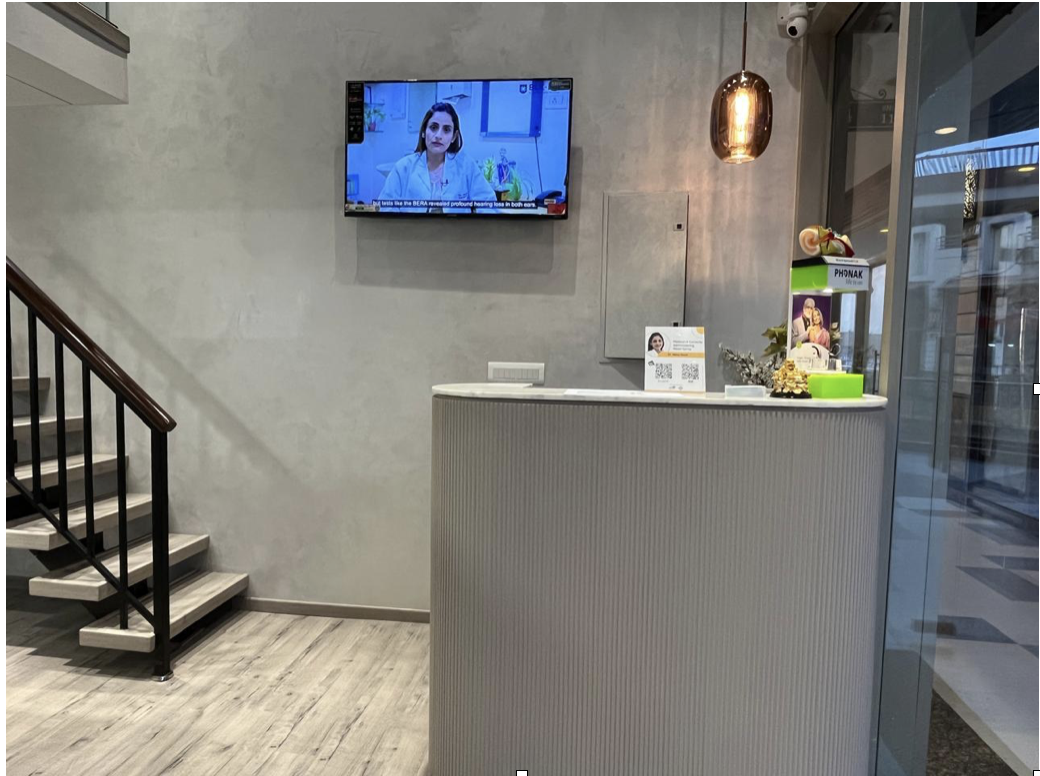
Latest Article
Testimonials
FAQs
Children under the age of three average one to two ear infections a year. These occur when fluid becomes trapped in the middle ear following a viral or bacterial infection. Younger children are most susceptible because their Eustachian tubes are short and still developing, making them prone to swelling and blockages.
The majority of ear infections will run their course in about a week. Pain can be managed with over-the-counter medications, eardrops, and warm compresses. If a bacterial infection is the cause, antibiotics are prescribed. Children who experience chronic ear infections may benefit from ear tubes.
A large number of people suffer from sinus infections in the country. It occurs when the lining of the sinuses becomes inflamed and swollen. This may result in nasal obstruction, infection, cause sinus pain or pressure, nasal congestion and discharge. If medical treatment is ineffective, surgery may be an option.
Hoarseness is the result of irritation of the larynx (voice box). The most common causes are upper respiratory infections, gastroesophageal reflux disease (GERD) and postnasal drip. If the condition persists longer than four to six weeks, see a doctor to rule out anything more serious, such as nodules, tumors or vocal cord paralysis.
Snoring is common. Forty-five percent of adults snore occasionally, and twenty-five percent are habitual snorers. Snoring occurs when the tissues in the throat vibrate. Lifestyle modifications such as losing weight, sleeping on your side instead of your back and avoiding alcohol before bedtime may help. Surgery may also be an option. Snoring is often associated with obstructive sleep apnea, a dangerous medical condition.
Obstructive sleep apnea (OSA) is a condition in which an individual’s breathing stops periodically during sleep. These episodes can last ten seconds or longer and may occur hundreds of times each night, preventing restorative sleep and leading to daytime fatigue, irritability and memory or concentration problems. OSA increases the risk of heart attack, stroke, high blood pressure and diabetes.
Symptoms of hearing loss include difficulty understanding what others are saying, asking people to repeat themselves, struggling to hear in crowded places with distracting background noise, perceiving that others are mumbling or not speaking clearly, listening to the television or radio at a higher volume than others and experiencing a ringing or buzzing in the ears. You may find yourself withdrawing from social situations in order to avoid conversation and also might experience depression.
Do’s
1) Do get your ears and hearing checked regularly.
2) Do go to a professional to have excessive ear wax removed.
3) Do use earplugs to protect your hearing around loud sounds.
4) Do dry your ears after showering or swimming.
5) Do stay physically active. Staying physically active helps keep the heart and circulation system healthy, which helps keeps your ears healthy.
Don’ts
1) Don’t put cotton swabs in your ear canal.
2) Don’t crank up your headphones.
3) Don’t ignore pain or drainage from your ears — go to a doctor.
4) Don’t smoke. Smoking is known to affect hearing through the circulation system.
5) Don’t assume hearing loss is just for older people.



